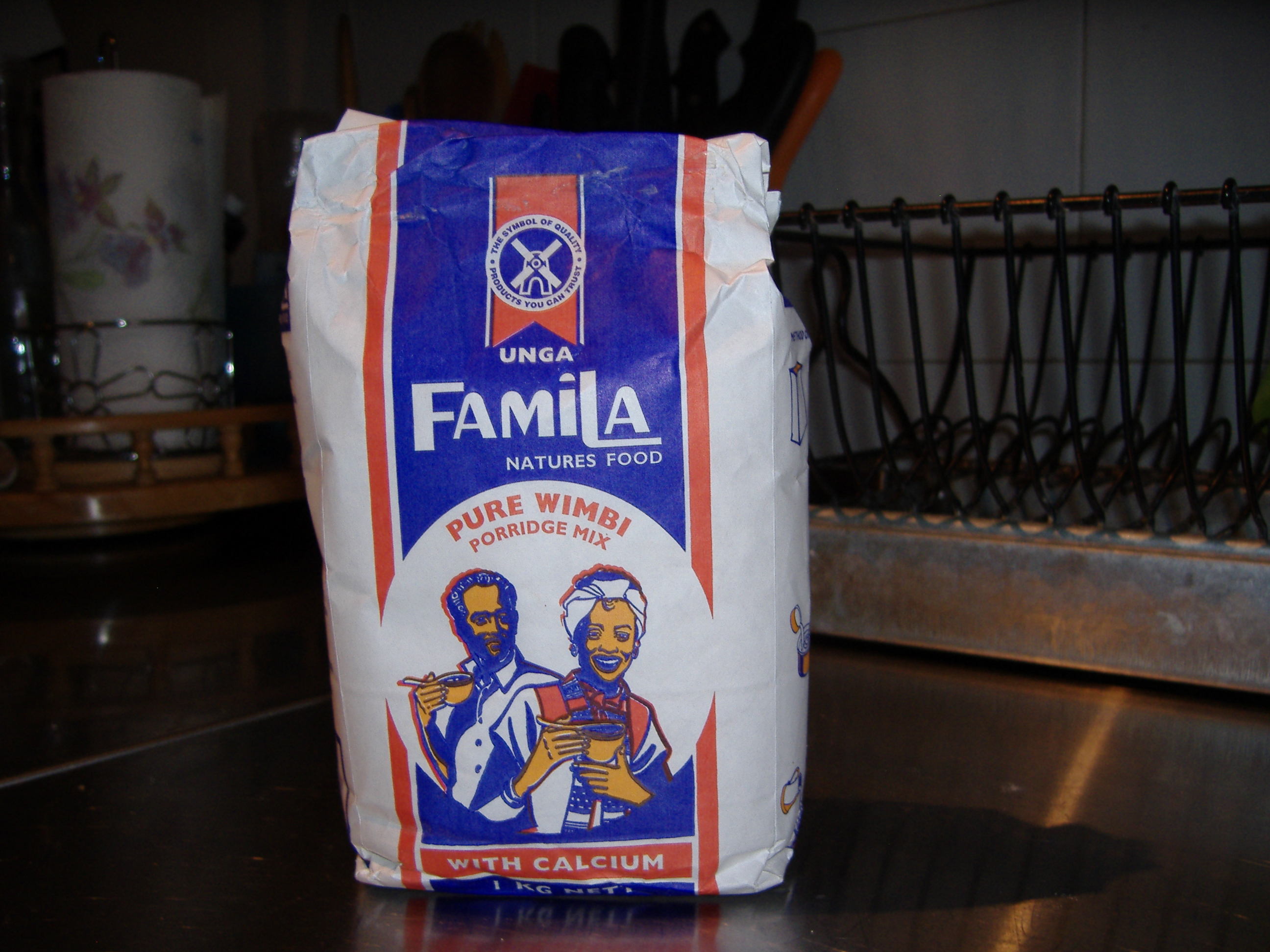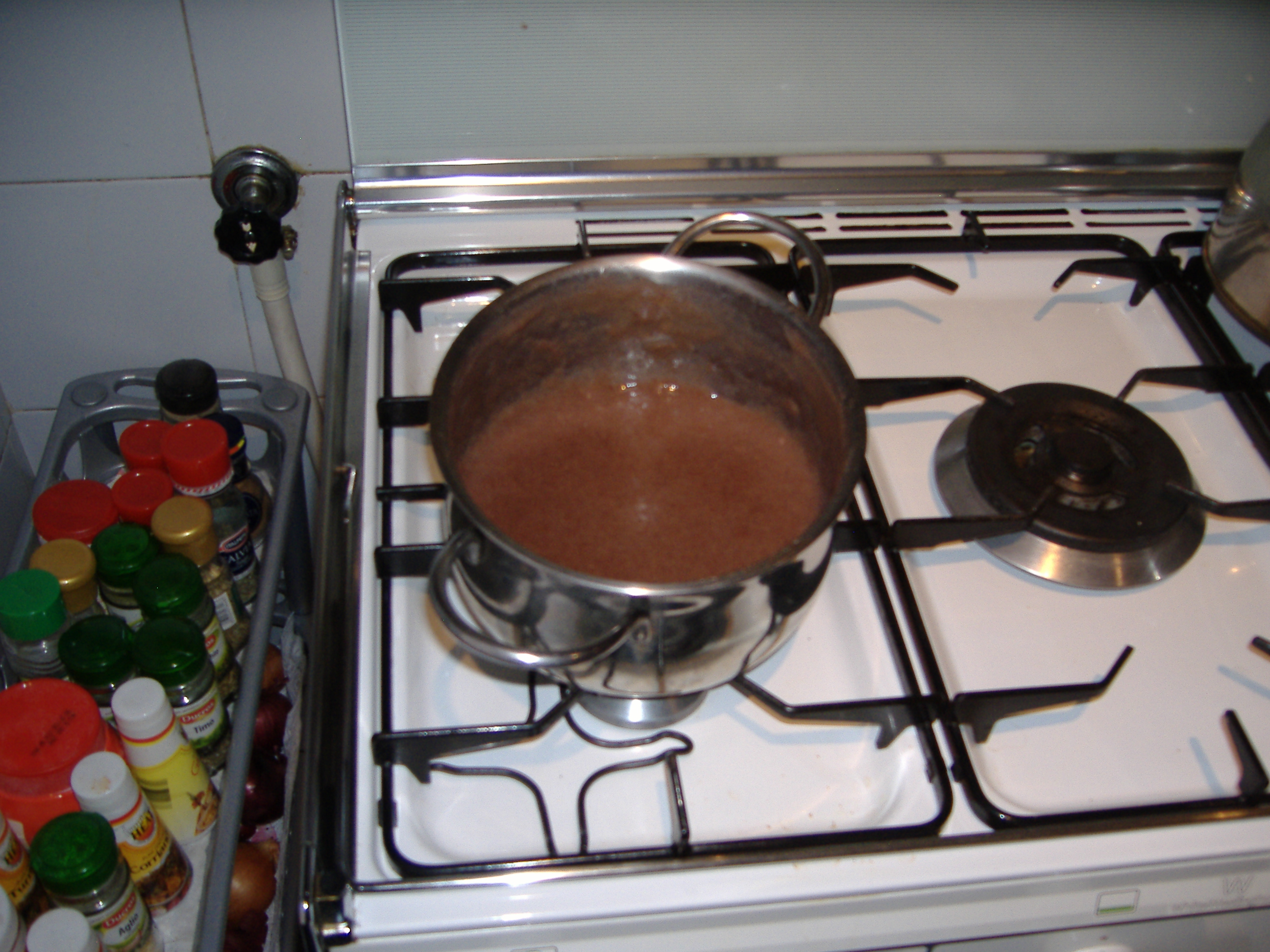Whenever I hear people talking about reviving food traditions, I always want to ask them what they’re doing with expatriates. They are often the people who are most attached to traditional foods and assorted agrobiodiversity from back home. Take my wife. No sooner did our visitor fly in from Nairobi, laden with uji mix,

that she had the stuff boiling away on the stove as if she hadn’t tasted porridge in years. 1

Now, I’m not saying that Kenyans abroad are going to save finger millet cultivation in the Nandi Hills or whatever. But they might be a good place to start.
Funnily enough, this very point came up at an Important Meeting I was at yesterday. A medium-sized honcho from a big funding agency gave a list of interventions he thought could or should be made to further the case for agricultural biodiversity in The North, his basic premise being that as we continue to support The South we are sending a clear and consistent message that all problems are The South’s problems, and obviously they’re not.
But I digress …
One of his points was to make use of the diaspora, to involve expatriate communities as a pressure group to conserve and consume the agricultural biodiversity they miss most. That could help to sensitize their neighbours to what is available and help to clear legal and other obstacles to the enjoyment of favourite foods.